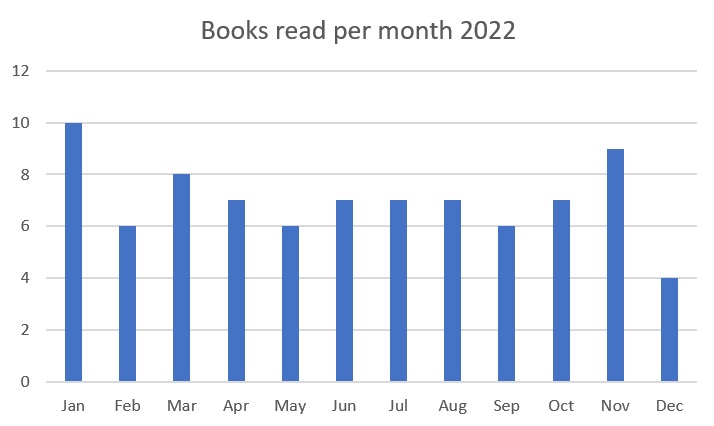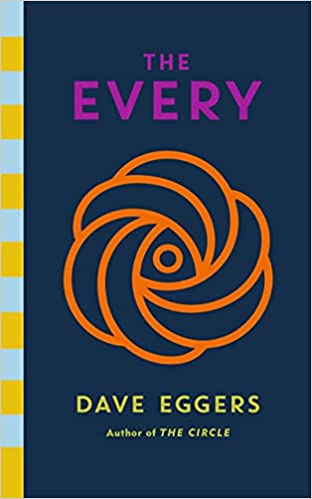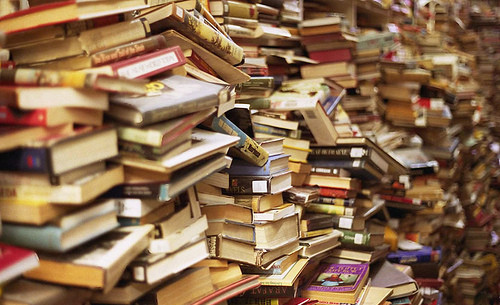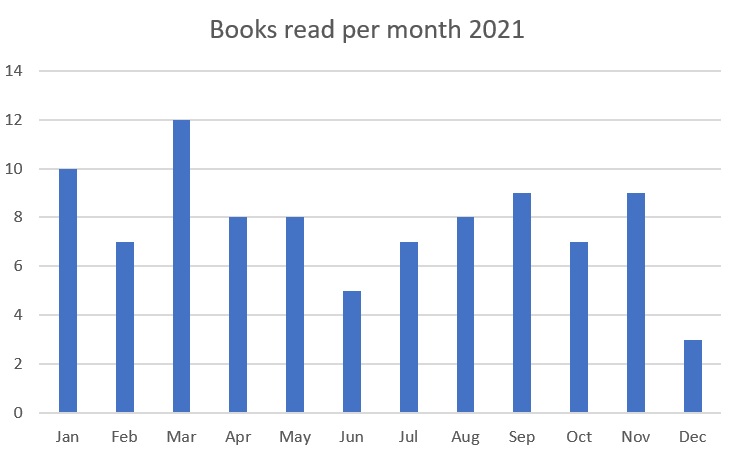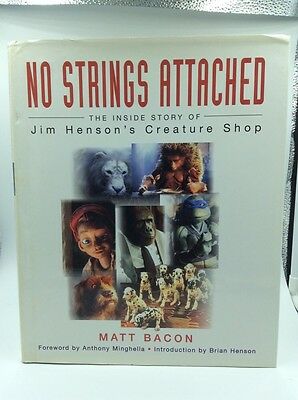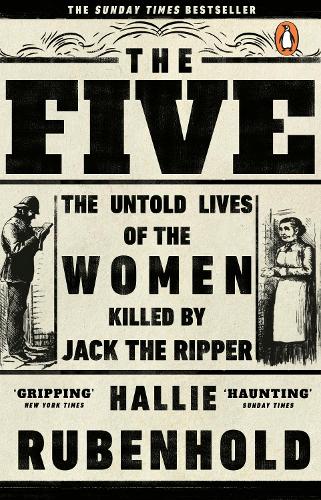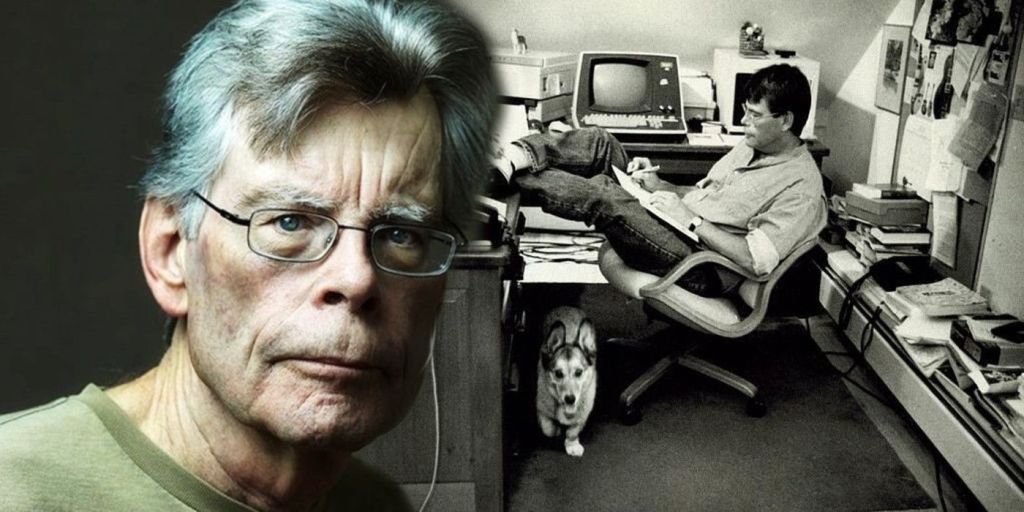(Long and convoluted) intro
To paraphrase a well-known Leeds jokester, one-time Britain’s Got Talent hopeful, and past collaborator with yours truly (on a comedy about a boyband called Love Triangle – yes I’m talking Micky P Kerr – below) I love reading; reading’s really cool (Micky’s words were “I like drinking” which holds equally true for me).
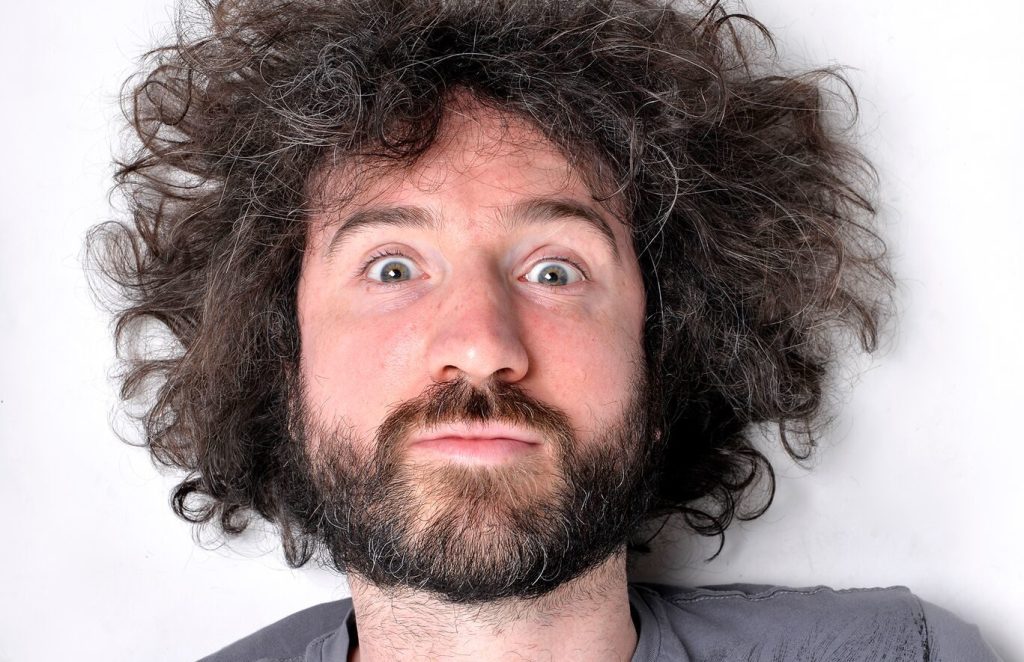
I read a lot. For the usual reasons: escapism, to learn, to see where I could do better (if I ever start writing properly again… I nearly did, back in June, actually. Got two chapters deep into a crime thriller set in south west Wales… ran out of steam). I also read a lot because I’m a weirdo stats and numbers obsessive (like my Dad) who loves making lists (like my Mum) and who is overly competitive (with myself).
Customary SK sidetrack
How much do I love reading? A lot. More than my author-hero, in fact. Quantity-wise. In November this year, Stephen King tweeted (below) that he read around 60-70 books per year. So I’m winning… Mind you he also writes at least one a year… and I’m sure generally has other things to do.

I agree with King’s sentiment, above, though. And it is what I most like to do with my time. Other than drinking. Drinking’s really cool. So’s football. And podcasts (Top Flight Time Machine, Athletico Mince, some brilliant sports pods from the US – Lights Out, which is about American Football). And TV shows (The Bear; Fargo). Mags (United we Stand fanzine; FourFourTwo; Viz). Movies (actually I haven’t seen a jawdroppingly good one for ages). Check out my Twitter feed for my ‘winners’ in all of the above categories… #mybestof…
I do wonder just how much time I spend reading. But it’ll probably scare me to actually work it out. So instead let’s work it out in terms of volume.
Stats and stuff
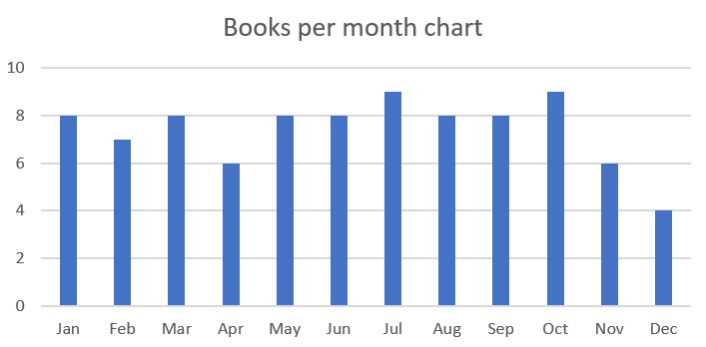
This year I’ve smashed through 89 books, which is some going. July and October were my bookwormiest months – in both I read a grand total of nine books, which – stat fans – works out at nearly two a week. This month I’ve been a lot slower, getting through one a week.
So how does that compare with previous years? Well, I’ve beaten my total for 2022 (in which I read a grand total of 84 books. (Here’s the chart for the year – the winner was Dave Eggers with The Every.) But it doesn’t come close to my total for 2021, in which I read a frankly astonishing (until you remember we were locked down and had little else to do) 93 books. The previous year, 2020, I read a total of 77 books (again during various lockdowns, national crises, and the like). In 2017 I read 75; in 2018, 61; and in 2019, 57. That’s a shed-load of books all in all.
Rabbit-holes
And here’s where you can see those charts, if you want to get sucked down a rabbit hole. Here’s 2021’s chart (my winner was – at last – Stephen King for – miraculously – one of his shortest books, Rita Hayworth and the Shawshank Redemption). Here’s the 2020 chart (won by William Landay, for his book The Strangler). Here’s the 2019 chart: Dennis Lehane was my winning novelist. Here’s the 2018 chart: Paul Tremblay topped it, and you may – spoiler alert – be hearing more from him later in this blog. And here’s the 2017 chart: Dave Eggers won out here, and the same goes for him as goes for Tremblay. I’m nothing if I’m not an avid reader of works by authors I’ve previously enjoyed, and you’ll see lots of the same names popping up across these charts… but you’ll also see all kinds of new names too. I like to take a chance on writers who are new to me, and again some of the ‘randoms’ on my reading list this year have come from (an increasing number of) friends and family, from the Little Free Libraries which have popped up on several street corners round my way (like characters from The Wire) and from, well, at times judging books by their covers and not by the names which grace them.
But enough already.
I’ve kept you hanging long enough, haven’t I?
Well, without further ado, here’s my top twenty, and the best of the rest…
The Andy Chart 2023
- Tomorrow, and Tomorrow, and Tomorrow by Gabrielle Zevin
- Brazzaville Beach by William Boyd
- Devil House by John Darnielle
- The Shards by Bret Easton Ellis
- Sort Your Head Out by Sam Delaney
- We Need to Talk About Kevin by Lionel Shriver*
- Three Women by Lisa Taddeo
- The Running Grave by Robert Galbraith
- Duncan Edwards: Eternal by Wayne Barton
- Demon Copperhead by Barbara Kingsolver
- Commonwealth by Ann Patchett
- Black Cake by Charmaine Wilkerson
- Middle England by Jonathan Coe
- The Beast You Are by Paul Tremblay
- Void Moon by Michael Connelly
- What Just Happened?! by Marina Hyde
- Boy Parts by Eliza Clark
- Flowers for Algernon by Daniel Keyes
- The Long Knives by Irvine Welsh
- The Dark Remains by William McIlvanney and Ian Rankin

Above: My winning book – and not only because the cover image is the same as a tattoo on my back. This book, about gaming of all things, made me cry. I read it voraciously on holiday, and wished I could start it all over again once I’d finished…
And here’s the best of the rest:
Act of Oblivion by Robert Harris; The Road to Little Dribbling: More Notes from a Small Island by Bill Bryson; A Heart full of Headstones by Ian Rankin; The Way Home by George Pelecanos; The Last Chairlift by John Irving; Shrines of Gaiety by Kate Atkinson; The Little Sleep by Paul Tremblay; Everything I Never Told You by Celeste Ng; Holly by Stephen King; Light Perpetual by Francis Spufford; American Dirt by Jeanine Cummins; Moving the Goalposts: A Yorkshire Tragedy by Anthony Clavane; The Jigsaw Man by Paul Britton; Mad Honey by Jodi Picoult and Jennifer Finney Boylan; The Dark Hours by Michael Connelly; Inshallah United: A Story of Faith and Football by Nooruddean Choudry; Good Girl Bad Girl by Michael Robotham; The Paper Palace by Miranda Cowley Heller; Sparring Partners by John Grisham; Yellowface by Rebecca F. Kuang; Lessons in Chemistry by Bonnie Garmus; Darkest Fear by Harlan Coben; Uncommon Type: Some Stories by Tom Hanks; The Push by Ashley Audrain; The Eyes of the Dragon by Stephen King; When She Was Good by Michael Robotham; Big Girl, Small Town by Michelle Gallen; Nocturnal by Scott Sigler; I’ll Keep You Safe by Peter May; Lessons by Ian McEwan; McCarthy’s Bar by Pete McCarthy; Fight Club by Chuck Palahniuk; Enough: Breaking Free From the World of Excess by John Naish; The Shock Doctrine by Naomi Klein; Gwendy’s Magic Feather by Richard Chizmar; The Hunger Games: The Ballad of Songbirds and Snakes by Suzanne Collins; Parenting Hell: How to Cope (or Not) with Being a Parent by Rob Beckett & Josh Widdicombe; The Unusual Suspect: The Remarkable True Story of a Modern-Day Robin Hood by Ben Machell; The Last Thing He Told Me by Laura Dave; The Last Days of Jack Sparks by Jason Arnopp; The Pact by Sharon Bolton; The Judge’s List by John Grisham; Something Bad Wrong by Eryk Pruitt; Dark Hollows by Steve Frech; The Friend by Joakim Zander; The Killing Habit by Mark Billingham; The Funny Thing about Norman Foreman by Julietta Henderson; The Maid by Nita Prose; The Lost Man of Bombay by Vaseem Khan; Setting Free the Bears by John Irving; Fortitude: Unlocking the Secrets of Inner Strength by Bruce Daisley; Dadland by Keggie Carew; The Satsuma Complex by Bob Mortimer; What Never Happened by Rachel Howzell Hall; Redhead by the Side of the Road by Anne Tyler; 1979 by Val McDermid; The Snow Angel by Anki Edvinsson; The Holiday by T.M. Logan; The God Delusion by Richard Dawkins; The Family Upstairs by Lisa Jewell; In a Dark, Dark Wood by Ruth Ware; Rant by Alfie Crow; It Will All Work Out: The Freedom of Letting Go by Kevin Hart; Atlantis by David Gibbins; Hospital by Han Song; Friend Request by Laura Marshall; The Godfather of Kathmandu by John Burdett; The Silmarillion by J.R.R. Tolkien; Slaughterhouse Prayer by John King.
Notes and observations
- Weirdly, I read two jointly written books in a row in May (one by Jodi Picoult and Jennifer Finney Boylan, and one by William McIlvanney and Ian Rankin). Apparently the Picoult/ Finney collaboration came about as the result of a dream and a random Tweet on the part of Finney… If I were to jointly write a book, you know who I’d pick. Yes, it’s back to Stephen King…
- It wasn’t all fiction this year. Each year I’m trying to up my ‘input’ (in a Johnny Five stylee) by also reading some non-fiction. This has taken the form of a lot of self-help tomes, reflecting a bad year for me personally (see titles by Sam Delaney/ Kevin Hart/ Bruce Daisley), but it’s also taken in the trials and tribulations of parenthood (see Josh Widdicombe) or geography (Bill Bryson) religion (I finally got around to reading Dawkins’ The God Delusion, and found it pompous) environmental issues (John Naish), or politics (Naomi Klein). Of course, there’s also been plenty of sport, with Anthony Clavane’s Moving the Goalposts standing out, as well as Inshallah United and Wayne Barton’s excellent new Duncan Edwards biog. Special mention to the crime story about a ‘modern-day Robin Hood’, which I enjoyed tremendously.
- I’ve returned to short story collections this year after pretty much ignoring them for a few years. Great stuff by some familiar names – Paul Tremblay, John Grisham, and, of course Tom Hank’s surprisingly well-written Uncommon Type, which I feel recalls Stephen King in terms of voice.
- Two appearances by Ian Rankin in my top twenty… also Tremblay comes close to a double (again)
- There’s some ‘repeat offenders’ in the top twenty – authors who have appeared in several of my charts: Celeste Ng, Ann Patchett, John Darnielle, Paul Tremblay, Michael Connelly, George Pelecanos, and Kate Atkinson.
- But some ‘newbies’ too. Namely my winner Gabrielle Zevin. But also Sam Delaney, Eliza Clark, Charmaine Wilkerson,
- Finally, I’ve re-read a couple of old favourites – go-tos for my all time top ten, or so I thought. Fight Club didn’t stack up as well as it once had. We need to talk about Kevin was a different story. I’d read it before parenthood (way before) and now read it through a completely different lens, with two kids approaching double-figures in years… You’ll note that I’ve added an asterix by We Need to Talk About Kevin. I think I was quite hard on the book, having previously read it. If I’d have been reading it for the first time it would have probably scored higher.


